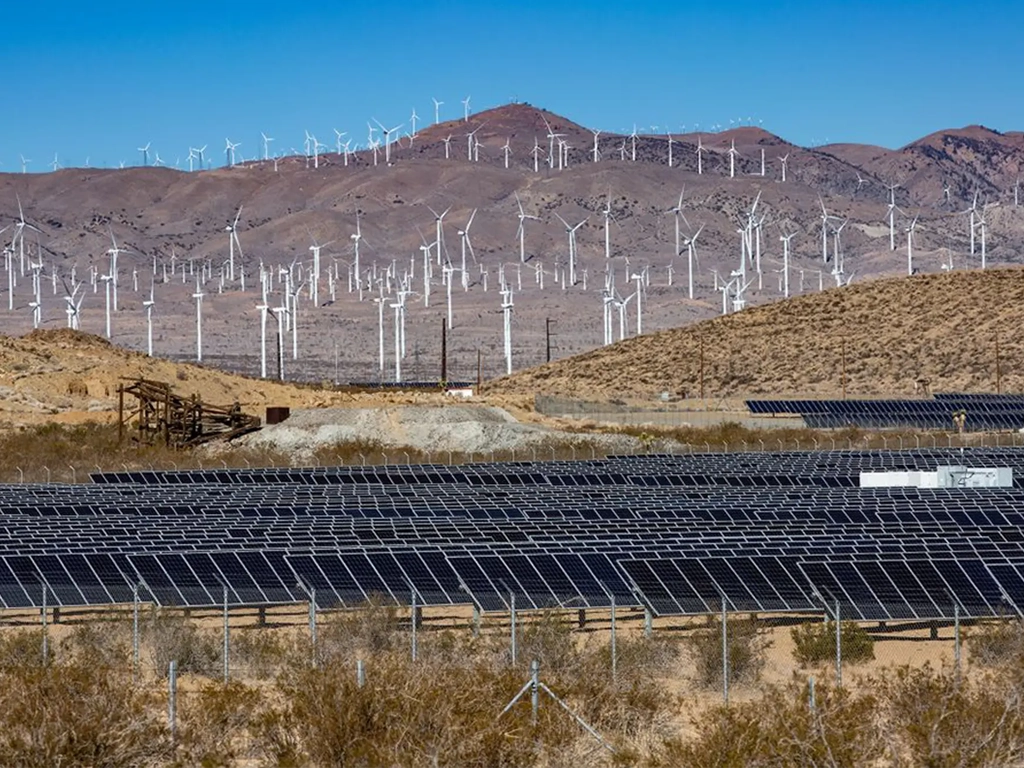For decades, mainstream opinion and policymakers agreed that the organization of production was best left to markets and private businesses. Bidenomics promises a decisive turn away from this neoliberal consensus. The renewed interest in industrial policy in the US (and elsewhere) suggests a larger and more active role for the state in organizing economic activity. While as recently as the Obama administration, it was widely believed that a carbon tax was all that was needed for the green transition, the focus now has shifted toward direct public support for the green economy.
Can the new green industrial policy live up to its promises? Can a surge of public money and green investment generate a sustained economic boom? Or are there deeper structural constraints on growth, which these kinds of measures can’t overcome? Will higher investment in the US simply undermine competing industries elsewhere? Can Bidenomics’ partial break with economic orthodoxy help advance a socialist project? Or does that require a more decisive break with the existing order?
Aaron Benavav,
Syracuse University
J.W. Mason,
John Jay College
November 15, 2023
7:00 PM
John Jay College
Room 9.64 NB
Open to the Public
Recent Writing on Green Industrial Policy and Global Overcapacity
Drowning in Deposits, by Dylan Riley, April 4, 2023
Yes, Socialists Should Support Industrial Policy and a Green New Deal, by J.W. Mason, April 6, 2023
A Dissipating Glut?, Aaron Benavav, March/June 2023
The Economic Consequences of Neo-Keynesianism, By Jamie Merchant, July/August 2023
Robert Brenner’s Unprofitable Theory of Global Stagnation, by Seth Ackerman, September 12, 2023
We’re All Stagnationists Now, by Aaron Benavav, September 29, 2023
Is Capitalism Terminally Ill?, debate between Benavav and Ackerman via Doug Henwood,October 2, 2023
Are we all reformists now? The political stakes of crisis theory, by Adam Tooze, October 3, 2023
From Politics to Theory and Back, by Benjamin Fong, October 4, 2023
